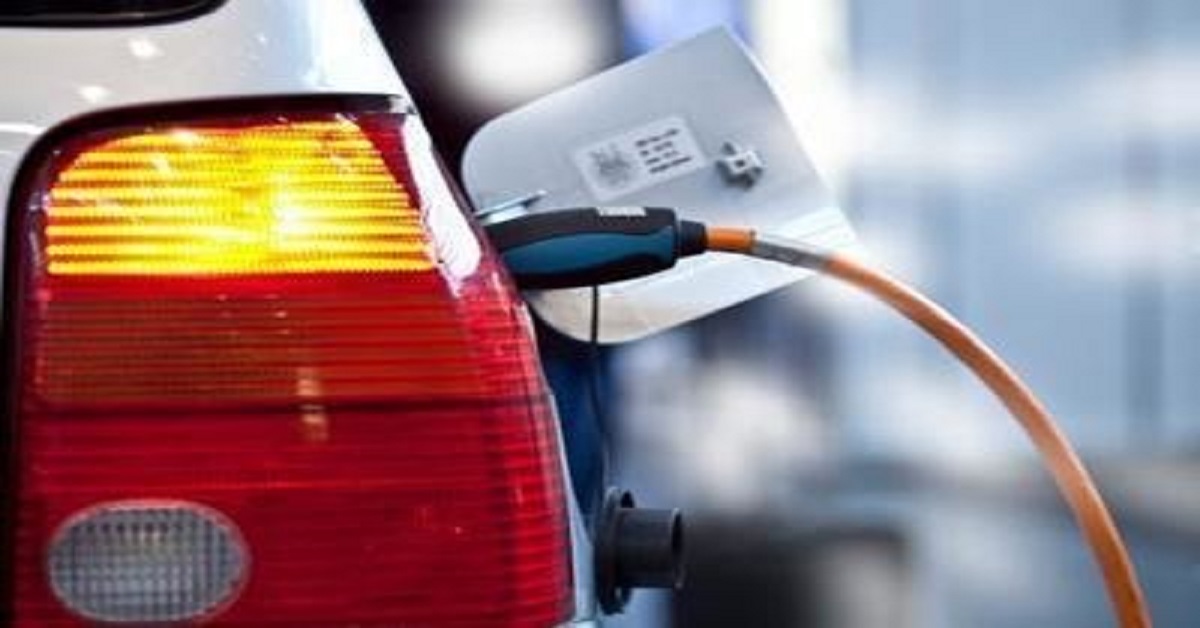
From fuel vehicles, the society is slowly shifting to electrical ones. While this is good for the environment, what about one’s wallet?
The Society of Manufacturers of Electric Vehicles (SMEV), the nodal body of electric vehicle manufacturers in India, has urged the government to reduce GST rate to 5% on all electric vehicle and electric vehicle sub-systems.
The body sees unreasonably high GST as one of the key impediments to faster adoption of electric vehicles in the country and as one of the main stumbling block in achieving the electric-green vehicle adoption target as visualized in Government of India’s Faster Adoption and Manufacturing of (Hybrid) Electric Vehicles (FAME) policy rolled out two years back with much fanfare.
“GST reduction is critical to achieve FAME targets and galvanize E-vehicle industry,” said Sohinder Gill, Director, Corporate Affairs, SMEV.
Gill also pointed out that to support the government’s ambitious vision of selling only e-vehicles in the country by 2030, and to help the industry grow at a faster pace, SMEV expects the government to take immediate remedies and proactive measures which have been identified by SMEV and were also known to the government.
Some areas which require immediate government’s intervention relates to streamlining and ironing out policy details, adequate fund allocation in Budget 2018-19.
READ ALSO: Budget 2018: Council may cut GST rates for 70 items
Some of the SMEV’s expectations from the Government are:
- The launch of next phase of FAME Scheme for a longer period of 6 years and its time-bound implementation: We expect the government to timely announce the launch of the next phase of FAME scheme for a longer period. Due to high ownership cost of EVs in the present scenario, the approach to Demand Incentives (DI) and Viability Gap Funding (VGF) needs to be changed and the existing subsidy module needs to be enhanced for the next 6 years as compared to the previous short-term periods i.e. 6 months – 1 year.
- Reduction of GST to 5% on all EV and EV subsystems
- Rebate on Income Tax for consumer adopting Electric Vehicles: Many countries such as Norway, France, Canada, Denmark, and the Netherlands have already implemented this policy in their respective systems and have garnered a plethora of benefits out of it. For example, Norway now has 36% of EVs on road due to such supportive policies.
Similar policy can be introduced in India as well as a step to encourage faster e-vehicle adoption wherein the government need not spend money by utilizing public funds to make any transactions. It will further encourage customers to purchase more EVs in the upcoming future as well.
Indigenization of EV components: IGST for all imports should be 5%. In addition, import duties on motors, controllers and DC-DC converters should be ZERO in first 3 years, and should be increased to 10% in YEAR Four and 20% in YEAR Six. This will encourage local manufacturing and give time for companies to set up their local manufacturing.
SMEV has expressed hope that the coming budget will incorporate its recommendations in the interest of new greener future.

Post Your Comments